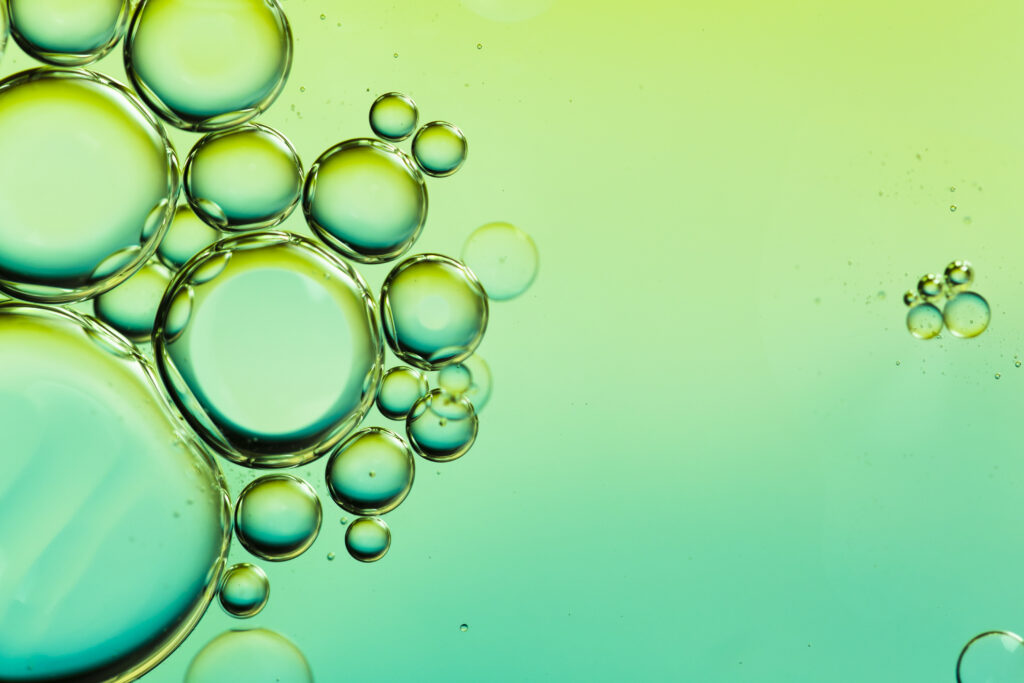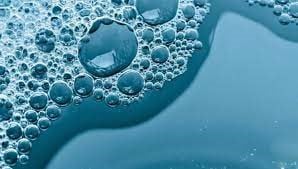The Importance of Defoamers in Industrial Processes and Applications
The Importance of Defoamers in Industrial Processes and Applications
Blog Article
The Function of Defoamers in Enhancing Product Quality and Efficiency
In various making procedures, the visibility of foam can significantly prevent product top quality and operational performance. Defoamers offer as important ingredients that alleviate this issue, making certain smoother manufacturing workflows while improving the aesthetic and functional qualities of the end products (defoamers). Their application extends a wide variety of industries, from food and drink to pharmaceuticals, where uniformity and integrity are extremely important. The choice of the proper defoamer can be crucial to attaining optimum results, increasing important questions regarding formulation compatibility and performance metrics that warrant more expedition.
Understanding Defoamers
Comprehending the duty of defoamers is essential for maintaining item high quality throughout numerous markets. Defoamers are chemical additives created to decrease and prevent the formation of foam in fluid systems, which can negatively impact processes such as blending, loading, and surface area tension. Foaming can result in inefficiencies, product defects, and jeopardized aesthetic appeal, making defoamers a vital element in producing procedures.
In commercial applications, defoamers help to improve product uniformity and security. In the paint and finishes sector, foam can interfere with the application process and the final coating. Similarly, in food and drink production, extreme foam can hinder bottling and product packaging performance (defoamers). The reliable usage of defoamers not only guarantees smoother manufacturing procedures but additionally contributes to premium product performance.
Moreover, the choice and formulation of a defoamer need to align with certain application needs, such as compatibility with various other ingredients, effectiveness under differing temperature level and pH conditions, and potential governing restrictions. Ultimately, comprehending defoamers' features and their importance in different formulations is essential for optimizing production and making sure the best final result.
Sorts Of Defoamers
Defoamers can be categorized into a number of types based upon their make-up and device of activity. The key types consist of silicone-based, non-silicone natural, and not natural defoamers.
Silicone-based defoamers are among the most reliable, largely because of their ability to spread out promptly on the fluid surface and disrupt foam development. Their one-of-a-kind chemical framework permits for premium security, making them appropriate for high-temperature applications and settings with varying pH levels.
Non-silicone organic defoamers, often made up of natural oils or fats, are valued for their biodegradability and lower poisoning. These are typically used in food and drink applications where security and ecological influence are critical.
Inorganic defoamers, that include compounds like talc or calcium carbonate, act by raising the thickness of the fluid, therefore reducing foam stability. They are frequently used in industrial processes where compatibility with other materials is not a concern.
Each sort of defoamer has unique advantages and restrictions, enabling for tailored remedies relying on the details lathering problems experienced in numerous applications. Comprehending these distinctions is essential for optimizing efficiency and achieving desired product high quality.
Applications Across Industries
Numerous markets take advantage of defoamers to enhance product top quality and operational performance. In the food and drink market, defoamers are crucial in procedures such as developing and milk production to stop foam read more formation, which can bring about inefficiencies and product variance. By regulating foam, producers can guarantee far better return and an extra consistent item.
In the pharmaceutical sector, defoamers play an important duty in the formulation of fluid medications, where too much foam can impede mixing and accurate application. Their use helps keep the integrity of the formulas and assists in smoother production procedures.
The paint and coverings sector additionally counts on defoamers to boost the performance of products during application. By lessening foam, these ingredients make certain a smoother coating and boost the aesthetic high qualities of the final item.

Advantages of Utilizing Defoamers
While the application of defoamers differs throughout markets, their advantages consistently boost item high quality and process performance. One considerable advantage is the decrease of foam formation during manufacturing processes, which can otherwise lead to manufacturing delays and incongruities in item high quality. By lessening foam, defoamers enable a smoother flow of products, promoting a lot more effective operations and minimizing the probability of equipment malfunctions.
In addition, using defoamers can enhance the appearance and texture of end products. In sectors such as coverings, paints, and food processing, excessive foam can endanger the visual aesthetics and total top quality, while the proper defoamer application guarantees a consistent surface and desirable features. Defoamers can add to set you back financial savings by lowering waste during manufacturing and optimizing the use of raw products.

Selecting the Right Defoamer
Choosing the appropriate defoamer is important for enhancing production processes and making sure item quality. The choice of defoamer affects not just the performance of foam control but likewise the advice overall performance characteristics of the last item. Variables to consider consist of the kind of application, the chemistry of the formula, and the environmental conditions under which the product will be used.
Various markets may require particular defoamer types, such as silicone-based, organic, or polymeric defoamers. Understanding the compatibility of the defoamer with the primary ingredients is important to prevent unfavorable responses that might compromise item honesty. Additionally, the defoamer's performance in different temperatures and pH degrees should be reviewed to make sure constant efficiency.
Checking the defoamer in small-scale applications can provide beneficial insights right into its efficiency and suitability. Factor to consider of regulatory conformity, particularly in food, drugs, and cosmetics, is paramount in choosing a defoamer. Ultimately, a complete evaluation of these variables will cause the option of a defoamer that not only regulates foam efficiently yet also enhances the high quality and efficiency of the final item.
Conclusion

Finally, defoamers are necessary ingredients that considerably boost product quality and performance across different sectors. By efficiently minimizing foam development, these representatives not only enhance operational performance yet also contribute to the functional and aesthetic stability of items. The critical option and application of defoamers bring about set you back savings, enhanced resource use, and raised consumer satisfaction. Overall, the relevance of defoamers in commercial procedures can not resource be overemphasized, as they play an essential role in achieving regular and premium outcomes.
Frothing can lead to ineffectiveness, product issues, and endangered aesthetic allure, making defoamers a vital element in manufacturing procedures.

Report this page